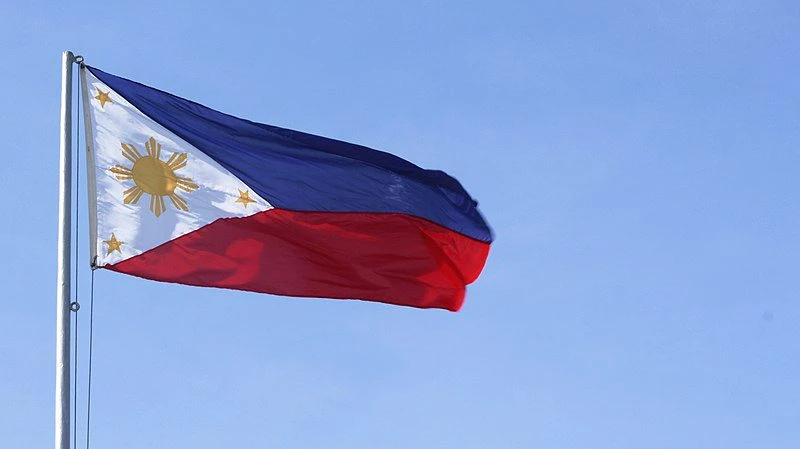Philippine finance secretary issues warning to POGOs

Phillippine finance secretary Carlos Dominguez III has said his country’s government will continue to crack down on Philippine Offshore Gaming Operators (POGOs) and their providers for tax evasion.
Dominguez said that a task force led by the Bureau of Internal Revenue (BIR) has already temporarily shut down the operations of at least three POGOs and collected USD$25 million (about P1.2 billion) in unpaid taxes from one of these operators.
The BIR said it has collected a total of P1.63bn from POGOs and their suppliers in the period from 1 January to 31 August. POGOs paid P175 million in back taxes in 2017 and P579 million in 2018.
“Basically we’re going hard against people who are evading taxes,” Dominguez said.
BIR deputy commissioner Arnel Guballa said the bureau has so far found that there are at least 218 POGOs or POGO suppliers, who employ at least 108,914 foreign workers.
Last week, (20 November), a bill to impose a new 5% tax on the annual gross income of Philippines Offshore Gaming Operators (POGOs) moved a step towards passing into law, after it was passed by the House Ways and Means Committee.
The bill was introduced by Representative Joey Salceda and would up the tax from the current rate of 2%.
In September, Great Empire Gaming and Amusement Corporation (GEGAC) had operations temporarily halted by the Bureau of Internal Revenue (BIR), for failing to pay correct taxes.
It had to make an initial payment of PHP250m (£3.8m/€4.4m/$4.9m) before it agreed to settle the PHP1.05bn outstanding in three instalments to resume operations.
The BIR also padlocked the two offices owned by Altech Innovations Business Outsourcing in October, after the company failed to register as a value-added tax (VAT) payer, in violation of the country’s National Internal Revenue Code.
